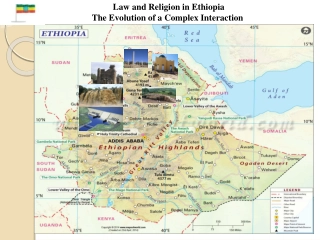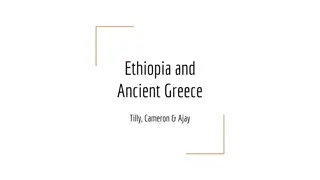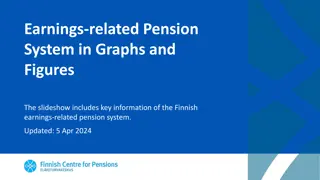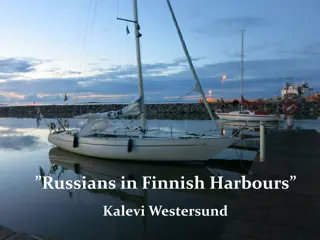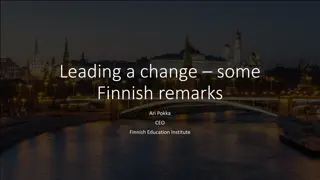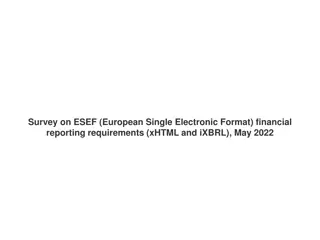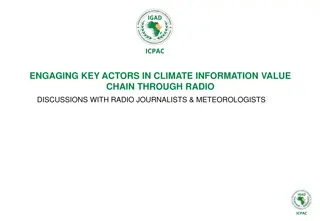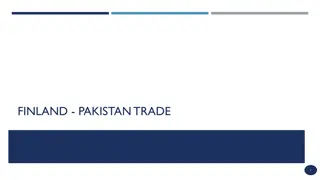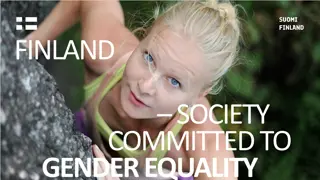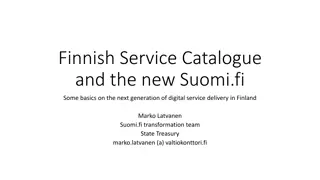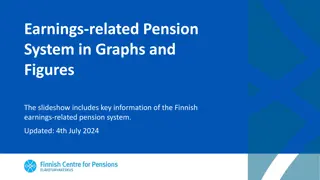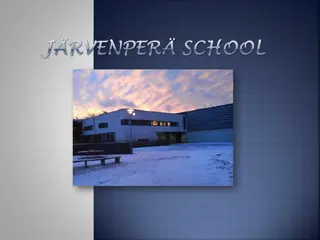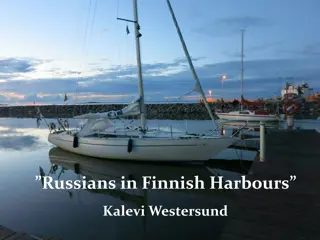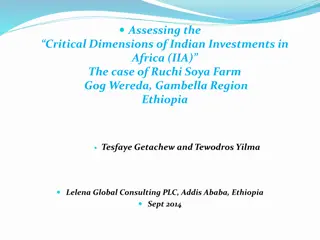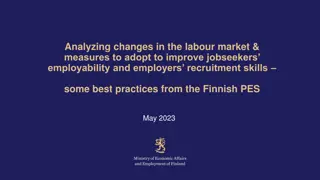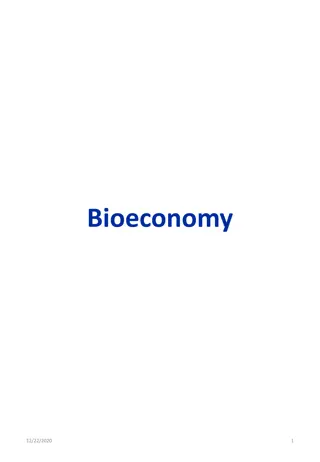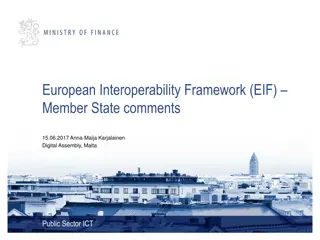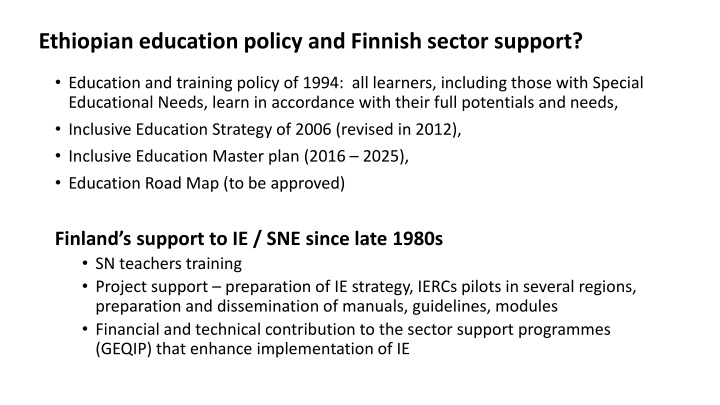
Improving Inclusive Education in Ethiopia with Finnish Sector Support
Enhancing inclusive education in Ethiopia through collaboration with Finland since the late 1980s. Efforts include policies, teacher training, resource allocation, and technical assistance to support learners with special needs. Concrete measures focus on improving ownership, coordination, and systemic changes for better inclusion outcomes.
Download Presentation

Please find below an Image/Link to download the presentation.
The content on the website is provided AS IS for your information and personal use only. It may not be sold, licensed, or shared on other websites without obtaining consent from the author. If you encounter any issues during the download, it is possible that the publisher has removed the file from their server.
You are allowed to download the files provided on this website for personal or commercial use, subject to the condition that they are used lawfully. All files are the property of their respective owners.
The content on the website is provided AS IS for your information and personal use only. It may not be sold, licensed, or shared on other websites without obtaining consent from the author.
E N D
Presentation Transcript
Ethiopian education policy and Finnish sector support? Education and training policy of 1994: all learners, including those with Special Educational Needs, learn in accordance with their full potentials and needs, Inclusive Education Strategy of 2006 (revised in 2012), Inclusive Education Master plan (2016 2025), Education Road Map (to be approved) Finland s support to IE / SNE since late 1980s SN teachers training Project support preparation of IE strategy, IERCs pilots in several regions, preparation and dissemination of manuals, guidelines, modules Financial and technical contribution to the sector support programmes (GEQIP) that enhance implementation of IE
What has been done and how to combine strengths to improve the impact? What has been done? Particular focus to IE as part of the education sector development programme as a cross cutting issue, Teacher training:- SNE as common course in CTEs; teachers specializing in IE/SNE. However teacher education is not inclusive Allocation of resources for establishment / expansion and strengthening of IERCs as integral part of the sector support GEQIP II and GEQIP E. Technical assistances from different donors which are complementary Policy dialogue and technical discussions: Finland s active engagement in GEQIP E design, and its programme priorities one of which is equitable access which includes IE as its main focus. Finland s contribution to other programme designs, eg., education cannot wait, a multiyear resilience programme
How to improve the impact Appropriate use of the existing human and other resource, eg. trained itinerant teachers Enhanced coordination within and among sectors Build up on what has been achieved so far Improved ownership by the government of initiatives so as to ensure continuity Systemic change in order to support all learners (not only IERCs) What are the concrete measures taken to improve the overall inclusion in the country? Government: policy environment, strategic plans, sector development plan Donors, CSOs and other stakeholders: financial and technical support to establish and strengthen IERCs; awareness at all levels (families, community, schools, REBs, MoE)
What have been the biggest successes? Although the anticipated level has not been achieved, EMIS data shows that enrolment of children with special needs has improved. But, the figure sometimes is not reliable. Learning environment and provision of learning materials has improved Level of awareness has improved and better attention is given Focus on equity has improved. Without equity other aspects of the system development is difficult to achieve What are the obstacles yet to overcome? Inequity and disparities => rural urban, between regions Lack of coordination among stakeholders and across relevant sectors Resource limitation / waste of resources Commitment beyond rhetoric Data quality, reliability and timeliness Accountability
What are the lessons learnt? System strengthening, capacity building, has to be continuous to mitigate the challenge of staff turnover Good experiences need to be shared among stakeholders Strengthened coordination platforms so as to avoid overlap of interventions

